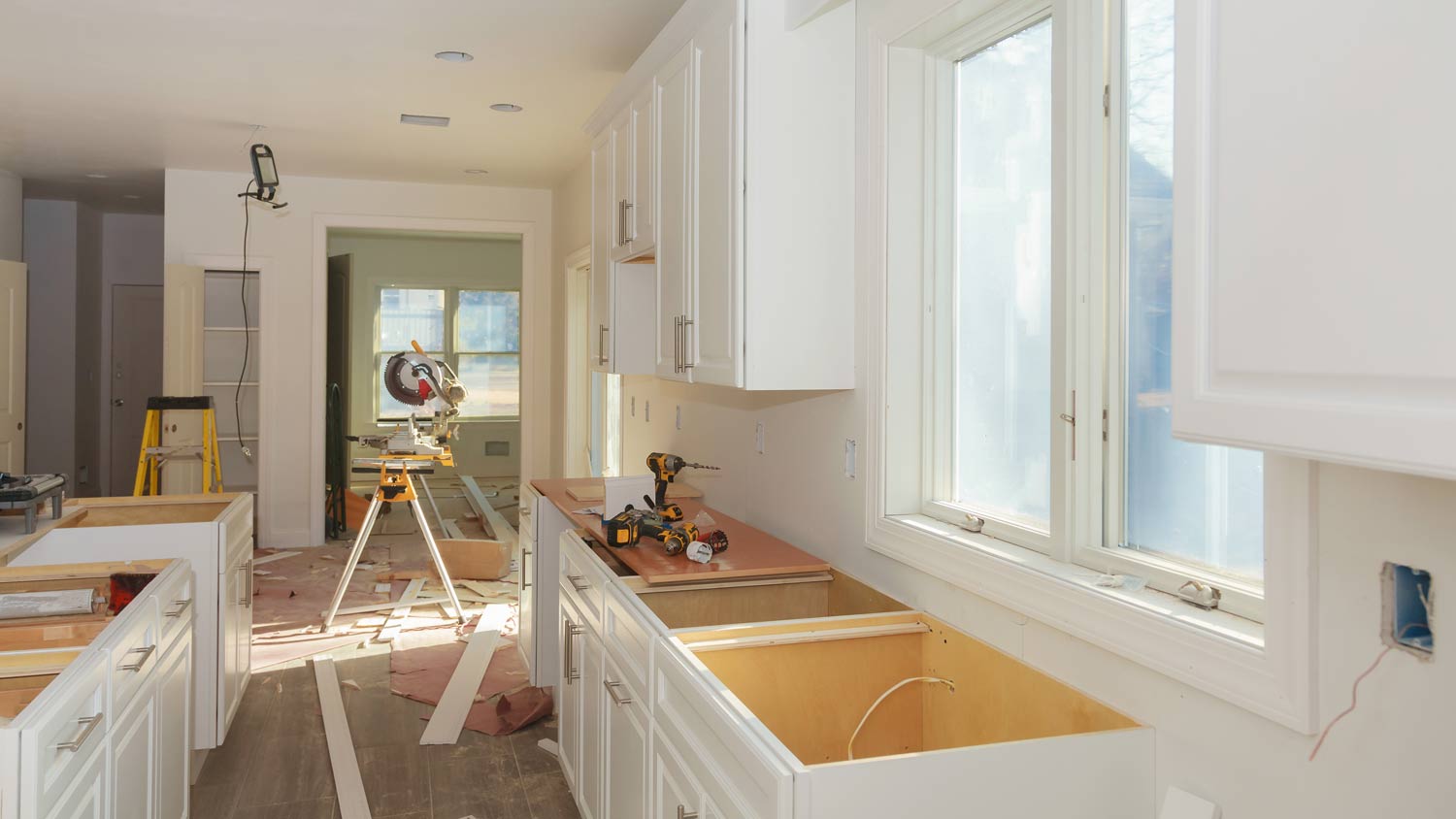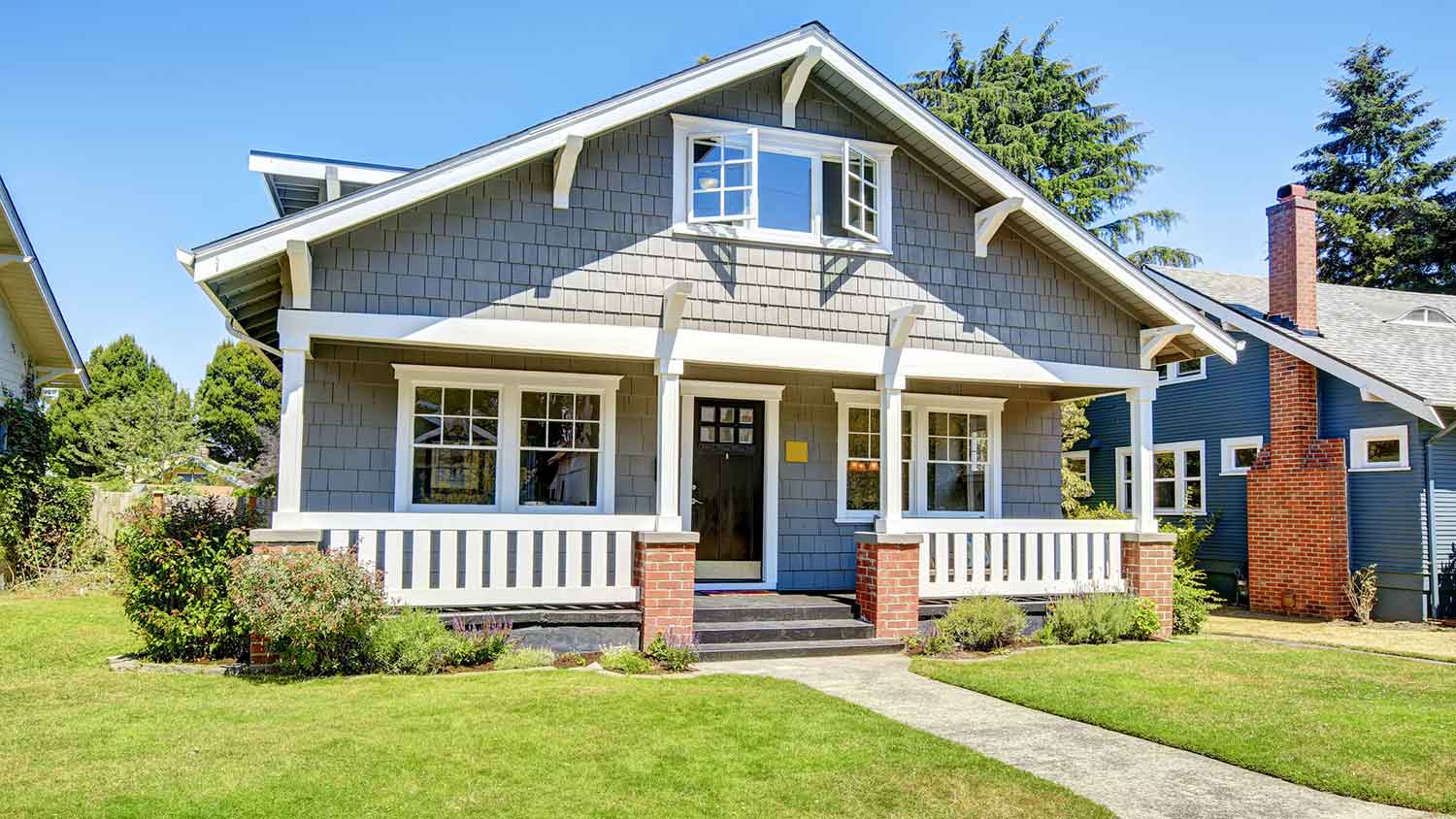
Fire damage restoration costs vary widely based on the extent of the damage. Learn how to assess your home and estimate your total after a fire.
Turn those ashes into an asset


A fire-damaged house may need extensive repairs, so budget for both the home purchase and the necessary renovations.
Many mortgage companies won’t lend against a fire-damaged house, so you may need to pay in cash or lean on alternative lending.
Hire a fire damage remediation specialist to look at the home and provide an estimate before you make an offer.
Fire damage can also mean water damage, smoke damage, and mold growth, so be prepared for major renovations.
They say one person’s trash is another person’s treasure, which might very well be true when buying a fire-damaged house. Whether you’re buying a home that had fire damage but was fully repaired or you’re buying a fire-damaged house with the intention of doing the repairs yourself, this guide will explain everything you need to know.
There are a few key things to consider before you make an offer on a house with fire damage.
First and foremost, think about safety. If the house you’re buying had fire damage but was repaired, be sure to have a structural engineer and a fire damage restoration company inspect the home first. If the previous owner rushed the repairs or didn’t hire a fire damage restoration pro, there could be hidden structural issues related to the fire or mold growth from the water the firefighters used to put the fire out. These represent safety issues you need to be aware of before buying a home.
There are other types of fire damages that might be present in the home, too. If the firefighters used chemicals rather than water, the home may have chemical damage that could take hundreds or thousands of dollars to remediate. Smoke damage is another important thing to have a pro look for before buying a fire-damaged house, as it could be hidden behind walls and surprise you with high repair costs down the road.
It’s not always safe to live in a home with smoke damage or fire damage, so if you’re buying the house with the intention of living in it, have a professional confirm that it’s safe. Otherwise, you may need to find alternative housing for however long it takes to repair the fire damage.
Having a local fire damage restoration company come in to assess the home and provide a quote for the cost to remediate the fire damage is a good idea before you make an offer. That way, you won’t be surprised by repair estimates after closing, and you can use the repair total to arrive at a purchase price that makes sense and still leaves room in your budget for the repairs.
When you get a mortgage, your lender uses the home as collateral for the loan. The issue with financing a fire-damaged house is that many lenders won’t be comfortable using the property to guarantee the loan. You may need to pay in cash or secure an alternative type of funding, like a 203k renovation loan.

It may be worth buying a fire-damaged house, but it depends on a few factors.
If you’re buying a house that previously had fire damage but underwent repairs, make sure you have a fire damage specialist inspect the home to confirm that everything was done properly. You may also want to consider hiring a structural engineer to inspect the home and ensure its structural integrity isn’t compromised.
If you’re buying a fire-damaged house that hasn’t been repaired, have a fire damage specialist inspect it before you place an offer and give you an estimate for comprehensive repairs. Take your offer price, add the repair estimate to it, and ask your real estate agent to confirm that the total is close to the value of the home once fully repaired. If it is close to or under the actual repaired value, it’s very likely worth buying and fixing if you have another place to live in the meantime.
From average costs to expert advice, get all the answers you need to get your job done.

Fire damage restoration costs vary widely based on the extent of the damage. Learn how to assess your home and estimate your total after a fire.

Fire hydrant costs might not be an expense you think about day-to-day, but they’re important to consider for the safety of your home.

Need to get rid of lingering smoke odors in your home? Learn how much smoke remediation costs to budget accurately for this major undertaking.

Learn the top 8 signs of water damage in drywall so you can identify water damage early, prevent costly repairs, and protect your home from further issues.

The five primary types of wood rot are dry rot, wet rot, brown rot, white rot, and soft rot. Learn what causes them and how to identify them in your home.

The type of smoke your home is exposed to will affect the kind of damage it leaves behind. Learn about the four types of smoke damage and how they differ.